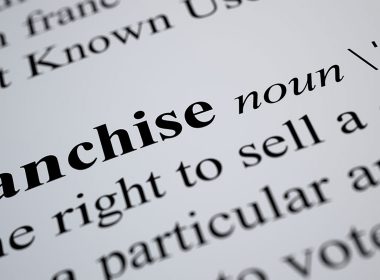Snapshot
- During 2018, the ACCC stepped up investigation and enforcement activity across the franchising sector, checking for compliance with the Franchising Code of Conduct.
- There have already been two important decisions of the Federal Court this year, which clarify the Code’s good faith and disclosure obligations.
- A Parliamentary Joint Committee also recently published its report on the sector, finding that the current regulatory framework under the Code provides inadequate protection for franchisees.
Each year, the Chairman of the Australian Competition and Consumer Commission (‘ACCC’) outlines the regulator’s compliance and enforcement priorities for the months ahead. Within the priorities outlined at the start of 2018, the ACCC said that ‘[e]nsuring small business receives the protections of industry codes, with a focus on Franchising Code of Conduct issues involving large or national franchisors, will also remain a priority in 2018’.
A flurry of ACCC investigations and enforcement activity followed across the franchising sector. This resulted in a range of outcomes, including voluntary commitments to change behaviour and practices (for example, by Luxottica), enforceable undertakings (for example, by Husqvarna) and proceedings in the Federal Court. Moving into 2019, this activity has resulted in two decisions of the Federal Court, Australian Competition and Consumer Commission v Ultra Tune Australia Pty Ltd [2019] FCA 12 (‘Ultra Tune’) and Australian Competition and Consumer Commission v Geowash Pty Ltd (Subject to a Deed of Company Arrangement) (No 3) [2019] FCA 72 (‘Geowash’), which together provide more clarity on the nature of a franchisor’s obligations under the Franchising Code of Conduct (‘Franchising Code’).
This step-up of the ACCC’s enforcement activity in the franchising sector also comes at a time when the operation and effectiveness of the Franchising Code has been under the political spotlight. A recent Senate inquiry into the franchising sector has culminated in the publication of a report which criticises the current regulatory framework and recommends significant change. This article looks at the most important of these recent developments and the insights they provide into how the Franchising Code of Conduct is applied in practice.




